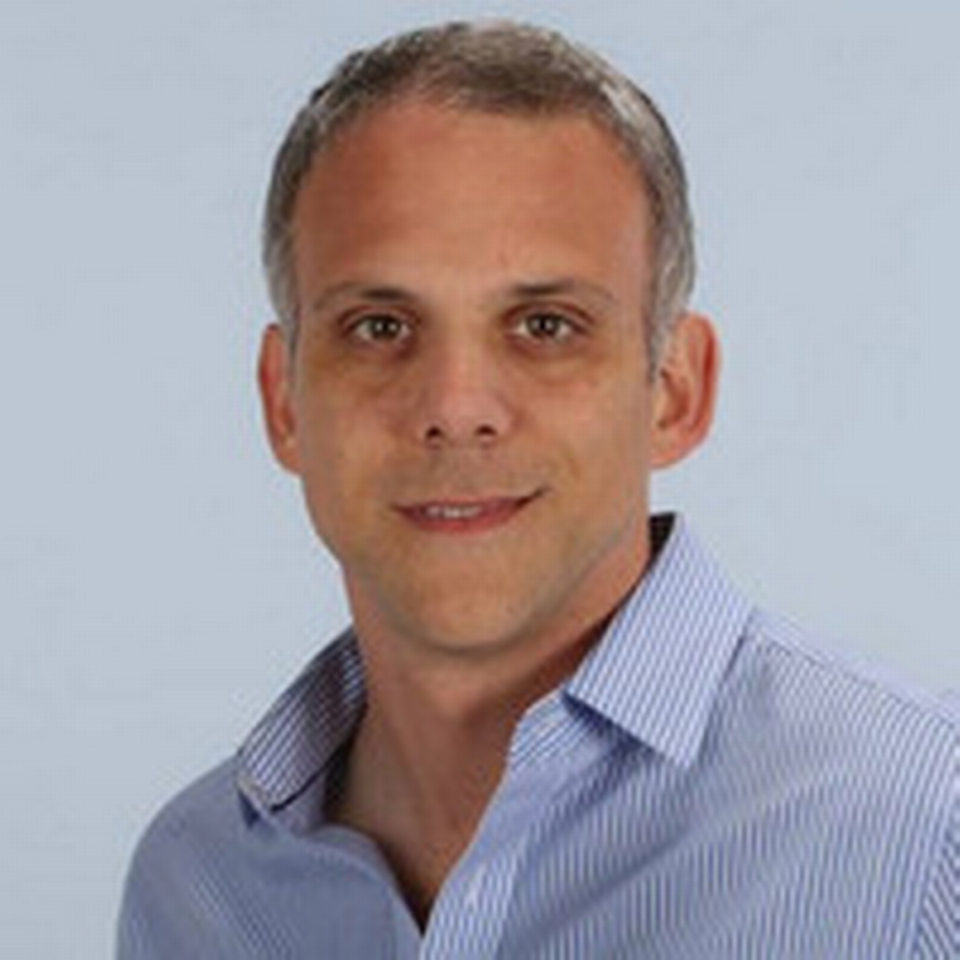My dad and 19 kids in Texas died because of America’s obsession with guns. Why is that OK? | Opinion
These are the first words I’m able to write about my father since the day I learned he was shot to death.
That was two years, two months and 28 days ago.
Before then, I wrote about him all the time. I wrote about being raised by a man in an apron, who cooked in the tiny kitchen behind the jewelry shop he and my mother owned in Carol City. I wrote about him reacting to Ultra videos when he was the only one who looked like he was having as much fun as the kids in it. I wrote about the day Fidel Castro died and I watched his eyes fill amid a swelling crowd of the lost children of Cuba in front of Versailles.
And the only reason I can bring myself to write about his senseless murder now is not because I am healing.
It’s because of those 19 little kids and their two teachers.
The pain of losing a loved one to gun violence doesn’t ebb. It chokes. It rises in me with a tide of lost souls each time I read about a mass shooting in America, and I feel their hands tighten around my throat.
I feel my dad. I’m back on Feb. 29, 2020, and I am losing him all over again.
Until that night, we had been closer than we’d ever been. As a kid, I was more introverted like my mom, who shied away from parties and the loud family get-togethers that fed my dad’s soul. He was the first one to drive to Tampa to dance at a cousin’s wedding, to sing along with the mariachis at his 90th birthday party, to recite a “poesia” he’d made up in a quiet moment. He was the one who’d pick up the guitar he’d learned to play in his 70s and strum it terribly with an ebullient song. At my mother’s funeral, my father sang her a love song I’d never heard before.
When my mother died three years ago this month, he moved in with me.
I took him to all my favorite places in Miami, because even though this city is the center of “Cubanitay,” as my friend Martha Darby puts it, he lived most of his life in the United States in Broward County. He’d always wanted to live in “la sawesera.”
We listened to old Cuban music and drank mojitos at Cafe La Trova. We cooked carne con papa together in my Flagami kitchen. We stopped whatever we were doing at 2 p.m. and brewed cafecito together. We ate Cuban sandwiches at El Exquisito and Cuban hamburgers at El Mago de las Fritas. And we played dominoes at Domino Park during the Three Kings Parade when the older folks smuggled me in so we could play in pairs.
And one night he didn’t come home.
My dad often went back to his old house in Pembroke Pines while we waited to sell it, to pick fruits from his backyard trees — mangoes, sapodillas, papayas, avocados — and give them to neighbors and family members. He lavished them generously with fruit.
He often stayed out late and spent the night at his old house, especially after playing dominoes with his brothers two or three times a week. He was 92, but had just passed the eye test to renew his license on his birthday. I did not worry.
But when he didn’t come home one Saturday night and I couldn’t reach him, I asked my brother, who lives nearby, to check on him. I was on the phone with him when he turned the key to the front door and found it jammed. He pushed his way in, and I heard his voice and spirit break.
He found my father shot to death just inside the door. Police would later arrest his next-door neighbor, who they had held briefly under the Baker Act days before, after they had been called to the house for a domestic disturbance. They found him soaking wet after jumping into the pool. At one point he muttered, “Why, Fernando,” police told us.
All the while, unknown to everyone but the person who killed him, my father was lying shot to death next door.
They would later find a box for a pistol and ammunition that matched the one that had been used to kill my father. The neighbor was arrested and is awaiting trial in Broward County.
Now my father is a statistic like the 19 little boys and girls and the two teachers who came to school to instruct them but, instead, were asked to lay down their lives alongside them — because it was so easy and legal for a person to buy a gun to shoot them.
Yet we still wrestle with what is more important: the right to live or the right to kill.
My dad, those kids, those teachers, had a right to live, a fundamental human right, a God-given right — if there is a right and there is a God.
Carlos Frias is the Miami Herald’s food editor.


